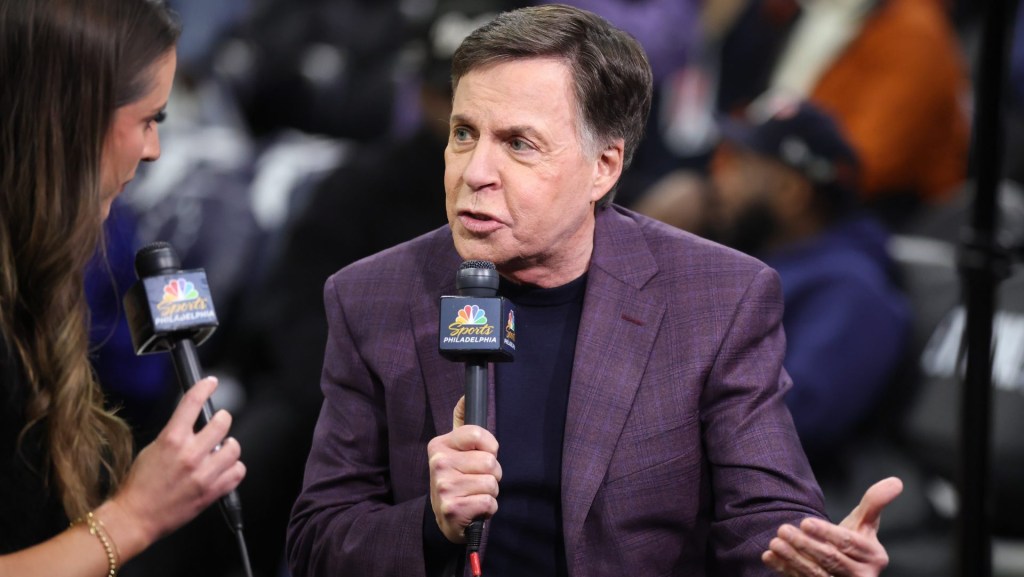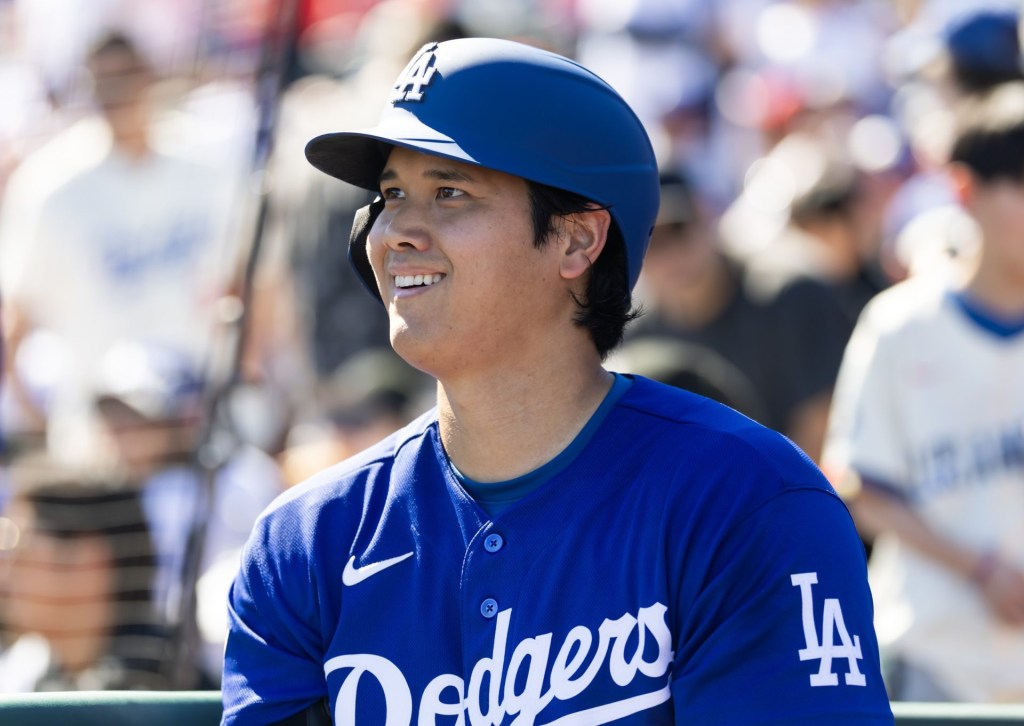The NBA has made its most extensive and forceful response yet to Warner Bros. Discovery in their ongoing media-rights dispute, arguing the TNT Sports parent improperly sought to rewrite the nature of its matching rights while “attempting instead to save billions of dollars.”
Answering late Friday to WBD’s July 26 lawsuit against the league, the NBA moved to dismiss the case, saying that WBD failed to match Amazon’s offer because it changed structural details and presumed rights the NBA says WBD didn’t have.
“TBS chose not to match NBCUniversal’s offer, which would have enabled TBS to continue distributing games via its TNT linear cable network,” the league wrote in its filing with the Supreme Court of the State of New York, referring to the WBD-owned television network. “Instead, TBS purported to match the less-expensive Amazon offer, but only after revising it to include traditional distribution rights and making numerous other substantive changes.”
The 28-page filing, coupled with several supporting documents, represented an expansive new level of detail for the NBA in its reasoning for not accepting the matching rights offer from WBD, even as WBD alleges the league was obligated to do so. When the NBA finalized its new rights deals last month with ESPN, NBC Sports, and Amazon, the league at the time said WBD “did not match the terms of Amazon Prime Video’s offer,” but it did not add much detail to that comment.
Changing Platforms
In the latest disclosures, the NBA reiterated a key part of WBD’s unsuccessful attempt to match stems from the company’s attempt to match Amazon’s “C” package of rights through both linear and online distribution of games, while the rights Amazon acquired involve online streaming only. Other issues in WBD’s attempted match related to escrow requirements in the Amazon deal, and termination rights for the league if the rights holder’s credit rating falls below investment grade.
The NBA alleges WBD “made substantive revisions to eight of the Amazon offer’s 27 sections (including revisions to 22 different subsections), changed 11 defined terms that are collectively used roughly 100 separate times, struck nearly 300 words, and added over 270 new words, substantively altering the parties’ rights and obligations in the process.”
“Even if TBS did have the right to match Amazon’s offer, it certainly did not have the right to fundamentally change the method of distribution required by Amazon’s offer, the NBA’s first ‘streaming national media rights deal,’” the league said in the response.
Those Amazon rights, estimated to be valued at more than $1.8 billion per year and including a conference final every other season, also feature early-round playoffs in line with what is currently on NBA TV, weekly regular-season broadcasts, the Emirates NBA Cup, and WNBA rights, among other assets. NBC Sports’ rights, conversely, will cost $2.45 billion annually over an 11-year term.
“As [WBD] knows, such limitations [on distribution] are commonly requested by media companies to protect the value of their rights packages and are standard in national media agreements of this nature,” Bill Koenig, president of NBA global content and media distribution, wrote in a letter last month to Luis Silberwasser, TNT Sports chair, and entered into the court record.
“In its purported match of the Amazon offer, [WBD] also changed—and thereby failed to accept—numerous other substantive terms … with each of these changes representing an independent basis for concluding that it has failed to make a proper match,” Koenig wrote.
A Separate Deal
The NBA then takes that argument a step further, outlining how WBD’s streaming of NBA games on Max is not actually covered by the network’s core rights deal, but rather a different pact involving NBA Media Ventures and WBD sister property Bleacher Report.
“The separate digital rights agreement includes no backend rights,” the league said in its response.
Next Steps
WBD now has until Sept. 20 to respond to the NBA. From there, the league has until Oct. 2 to file further support for the motion.
Without an immediate ruling to dismiss by Judge Joel Cohen, the case is almost certain to intersect with the 2024–2025 NBA season. The NBA preseason begins Oct. 4, and the regular season starts Oct. 22.
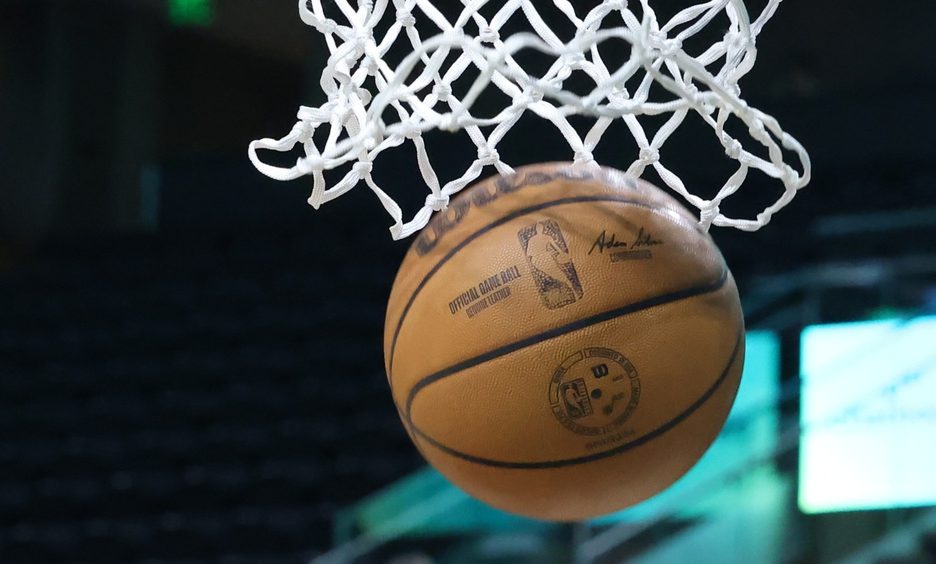
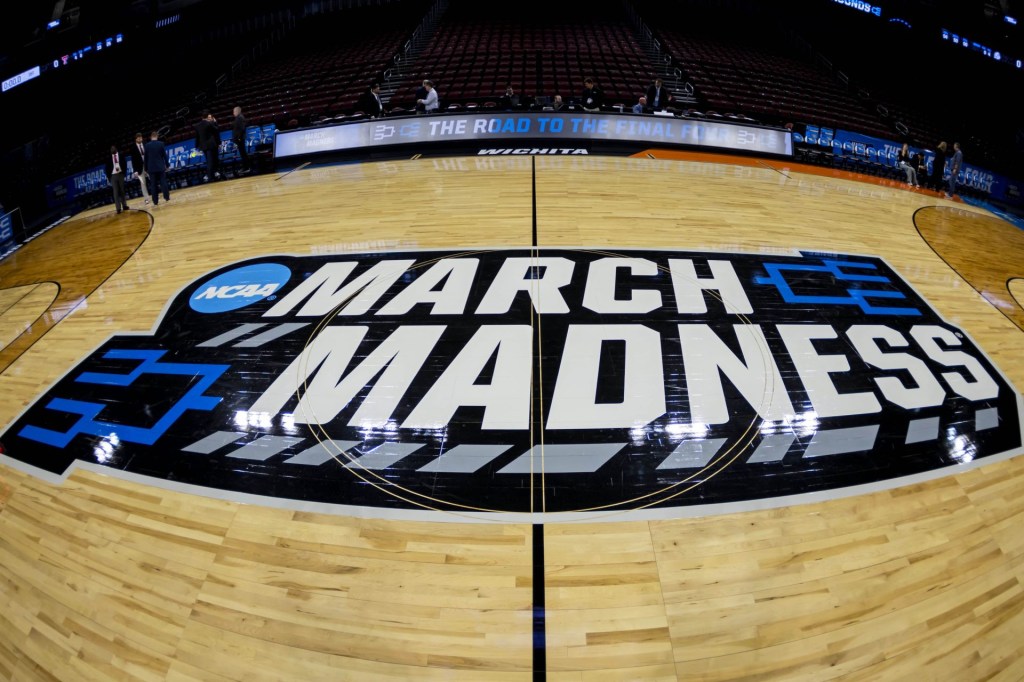
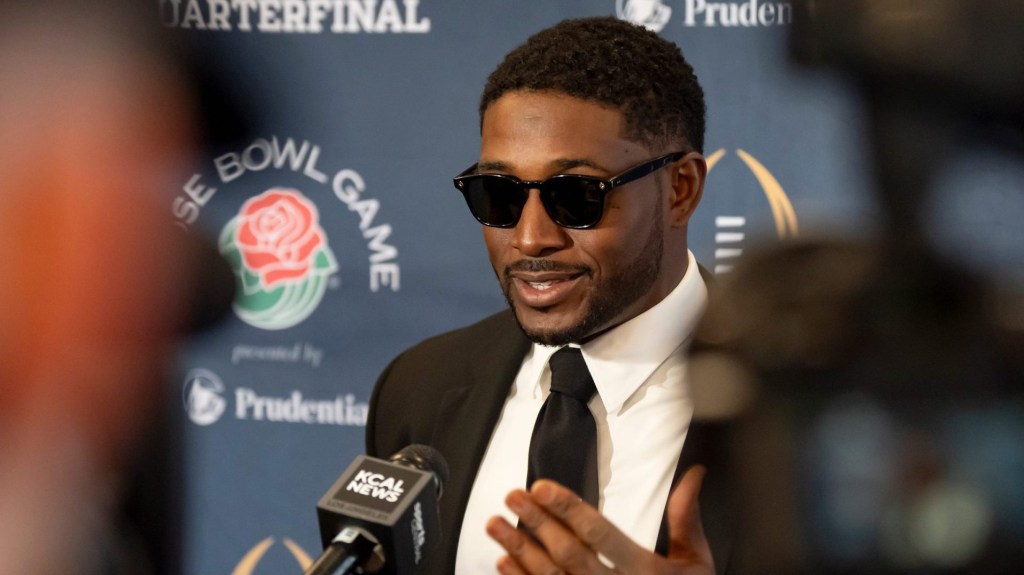
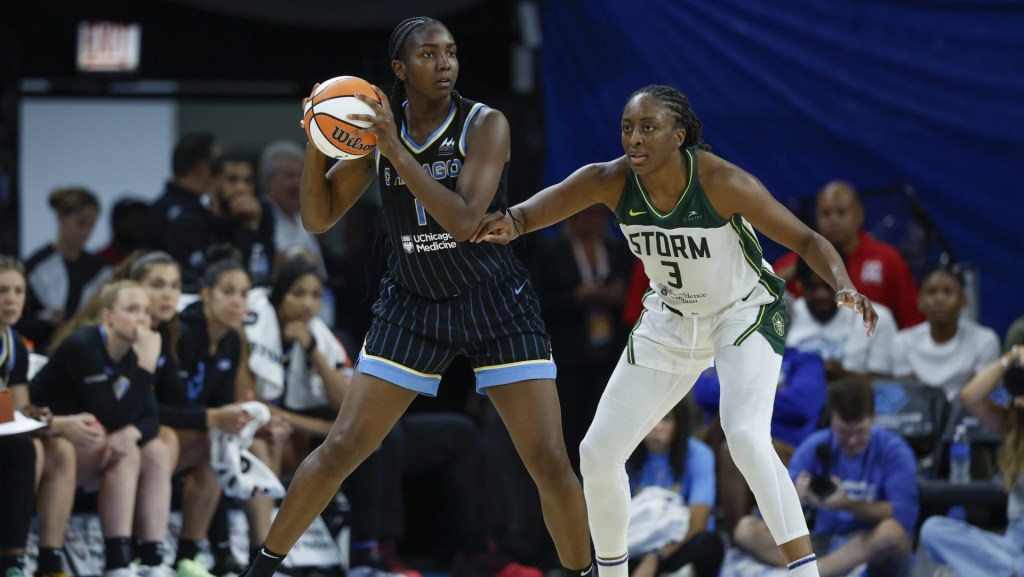
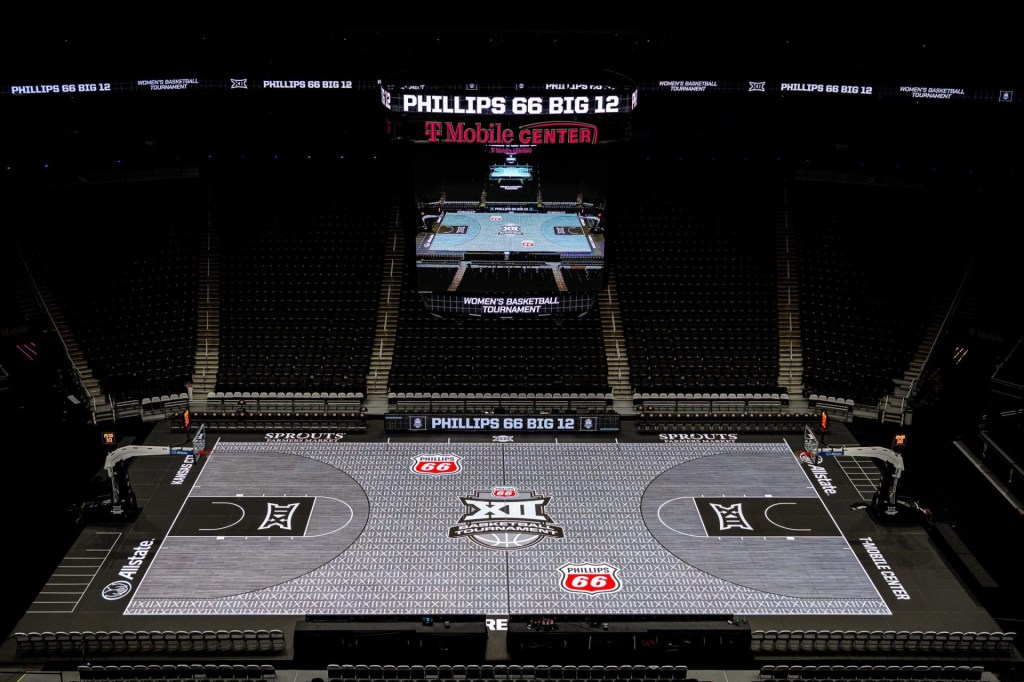
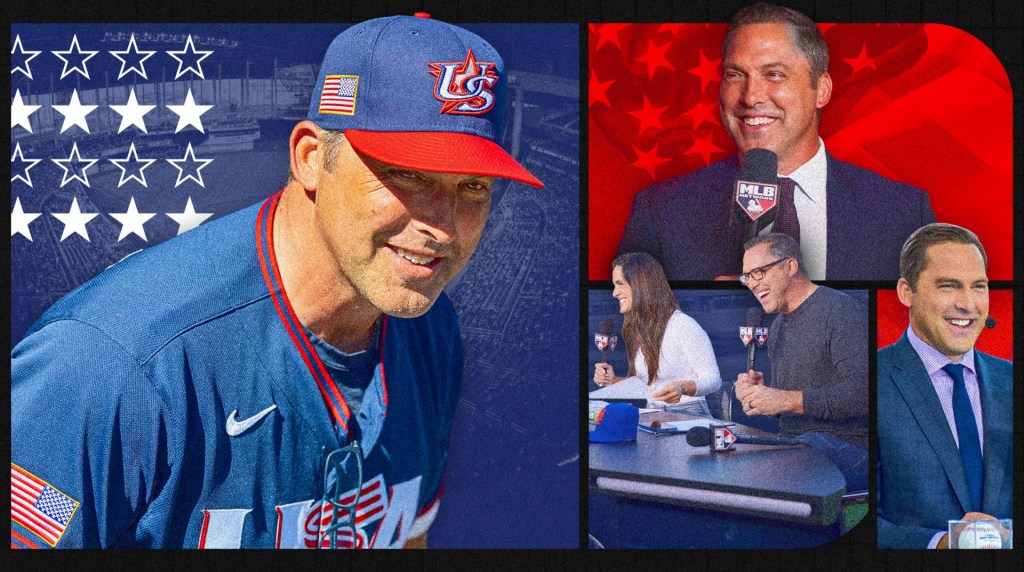


![[Subscription Customers Only] Jun 15, 2025; Seattle, Washington, USA; Botafogo owner John Textor inside the stadium before the match during a group stage match of the 2025 FIFA Club World Cup at Lumen Field.](https://frontofficesports.com/wp-content/uploads/2026/02/USATSI_26465842_168416386_lowres-scaled.jpg?quality=100&w=1024)
